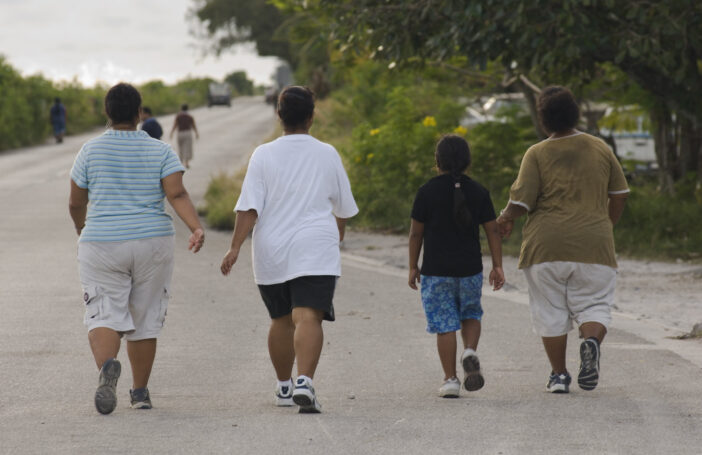Gallup uses survey data to tell the sad tale of Yemenis’ suffering and the costs of war.
Joost Hiltermann from the International Crisis Group has a long article in the London Review of Books that shows just how complex the politics, and geopolitics, of conflict in the Middle East really is.
In the Boston Review Alex de Waal argues (quite) convincingly that assassinating terrorist leaders, by drone strikes or other means, usually does not reduce the risk of terrorism.
If you want something to worry about in the middle of the night, the New Yorker reports on the potential for catastrophic dam failures in Iraq and Zambia.
In the NY Review of Books, Helen Epstein calls attention to foreign aid, US military activity in Africa, and democratization — or lack thereof — with particular attention to the case of Uganda, which will go to the polls next week.
CNN has a moving piece on the aspirations of children made refugees by the Syrian war. And the BBC presents a positive article on Timor Leste’s burgeoning entrepreneurs.
What ever happened to Chechnya? The New Yorker has a fascinating profile of Ramzan Kadyrov, the autocrat currently at its helm.
On a more positive note, and for those interested in pursuing a career in development, Mamamia has recently published a series of profiles of 13 Australian women in humanitarian and aid work, among them Nichola Krey, Kirsty Thompson, Gina Olivieri, and Helen Szoke.
And lastly, if you routinely find yourselves befuddled by the sea of UN and development-related acronyms out there, have we got an app for you.





Regarding the news item from the New Yorker I would like to clarify the Kariba dam situation which has been mis-reported in this article (and a few others). Quoting a colleague of mine who is an experienced Zambian engineer who knows the dam well:
“Jacques Leslie should stay in SF and watch American Football, rather than meddle in things he is not qualified to offer alarmist projections about. The article is not to be taken seriously – he is misinformed and trying to make a living out of alarmist reporting.
As I said before, all dams with flood gates through the wall have plunge pools to approx 2/3 the height of the drop – it is simple energy equation and practice has proven this to be appropriate. There is no cause for alarm, it needs some renovations but they are not urgent. A failure would not wipe out Cabora Bassa downstream in Mozambique, but it would flood over the top of that wall.
The dam in Iraq is more of a problem – and I would not want to live downstream.”